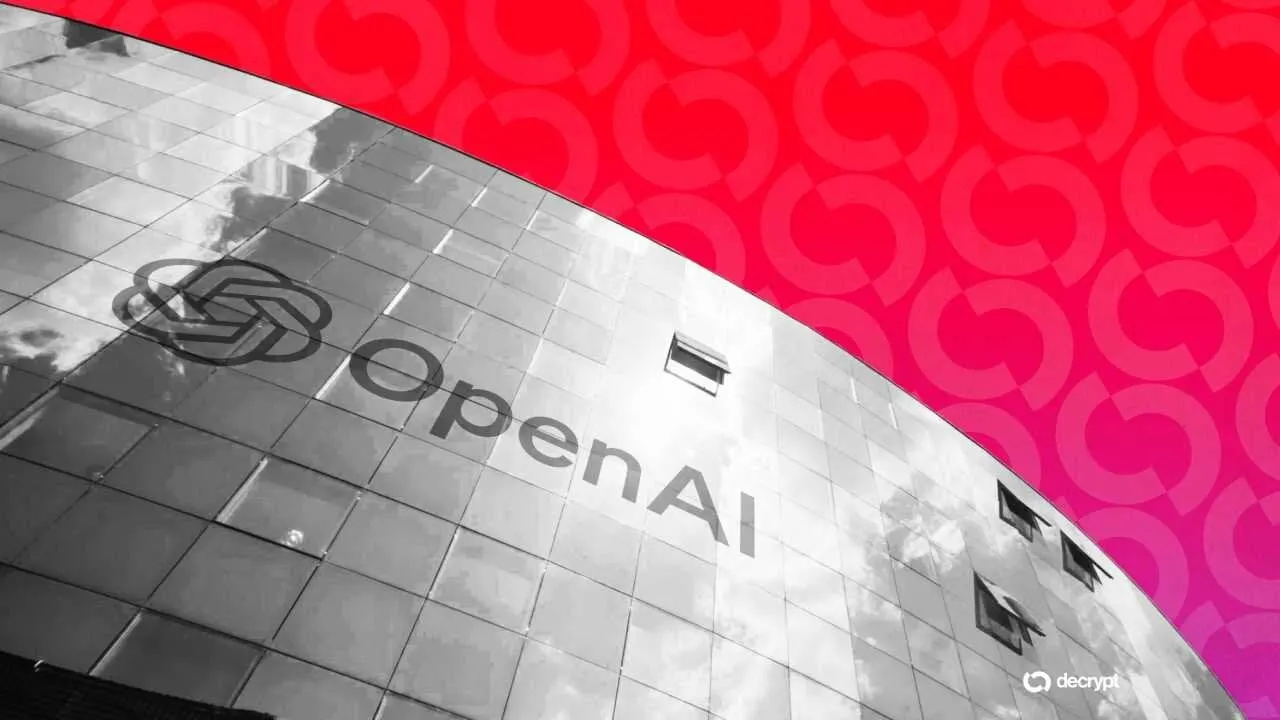OpenAI Targets Google Chrome With ChatGPT Atlas AI Web Browser Launch

News Summary
OpenAI launched ChatGPT Atlas on Tuesday, marking its entry into the AI browser market with a tool that combines a familiar web-surfing experience with built-in AI assistance. Initially available on macOS, versions for Windows, iOS, and Android are expected to follow. Built on the open-source Chromium engine, Atlas deeply integrates an AI agent known as “Operator” capable of autonomously filling forms, booking reservations, summarizing content, and assisting with tasks directly within the browser environment. OpenAI is positioning itself as the browser itself, aiming to shift how users access the web and challenge Google Chrome’s long-standing dominance. However, the article cautions that success is not guaranteed due to deep user entrenchment and amplified concerns over privacy and control with proactive AI agents. This launch could also profoundly impact content creators, publishers, and writers, necessitating an evolution in SEO, web traffic, and content discovery strategies.
Background
OpenAI, founded in 2015, is a leader in AI research and deployment, having gained widespread recognition and explosive growth in recent years with its generative AI models like ChatGPT. Its flagship product, ChatGPT, has become the go-to AI chatbot for hundreds of millions globally, demonstrating powerful capabilities in understanding and generating human language. Concurrently, Google Chrome has dominated the global browser market since its launch in 2008, boasting approximately three billion users. Its success is attributed to its speed, simplicity, and deep integration with the Google ecosystem. Chrome serves as not only a primary gateway for internet access but also a core component of Google's advertising and data collection strategies. Currently, the tech industry is undergoing an AI-driven transformation, with numerous companies exploring how to integrate AI more deeply into user interfaces and daily applications. OpenAI's AI browser launch reflects a strategic trend among AI giants to shift from offering standalone AI services to controlling broader user interaction ecosystems.
In-Depth AI Insights
What are the long-term strategic implications for OpenAI beyond browser market share? Beyond simply vying for browser market share, OpenAI aims to achieve deeper strategic objectives with Atlas: - Data Aggregation and Enhanced User Profiling: Capturing more comprehensive user behavior data through the browser, beyond simple chat logs, to fuel more advanced AI model training and personalized services. - Ecosystem Control and Monetization: Establishing its own user gateway reduces reliance on third-party platforms (like Google Search) and paves the way for new AI-driven monetization models in areas such as commerce, content distribution, and advertising. - Building an AI-Native Experience: Challenging the central role of traditional operating systems by embedding AI agent capabilities directly at the forefront of user interaction with the internet, defining the next generation of “AI-native” user experiences. How might Google respond to this threat, and what are the risks to its core business? Google is likely to adopt a multi-pronged strategy to defend its position: - Accelerated AI Integration in Chrome: Rapidly embedding more advanced AI features and agent services into Chrome, such as enhancing the integration of its Duet AI or other generative AI tools. - Leveraging Ecosystem Advantage: Capitalizing on Chrome's default browser status on Android and iOS, alongside its vast ecosystem of services (Search, Maps, Workspace) to solidify user loyalty. - Strategic Partnerships or Acquisitions: Not ruling out collaborations with other AI companies or even considering acquisitions of potential rivals to neutralize threats. The core risks include: - Loss of Search Ad Revenue: If users shift to AI browsers for information retrieval and task execution, it will directly erode Google Search's traffic and advertising revenue. - Erosion of User Data and Ecosystem Control: Losing command over user browser behavior data will impact its AI model training, personalized services, and ad targeting capabilities. What does this signify for the broader AI and internet sectors? This launch portends a fundamental shift in AI's role within internet interaction: - Evolution from Tool to Interface: AI is no longer merely a feature or an application but is becoming the primary interface and gateway for users interacting with the internet. - Escalation of the “Gateway War”: Tech giants will intensify their battle for “user entry points,” extending from operating systems and search engines to the browser level, aiming to control the starting point of users’ digital lives. - Disruption of Content Ecosystems: Traditional SEO and content discovery models may face fundamental challenges, requiring content creators to rethink how content is found and monetized in an AI agent-driven browsing environment.